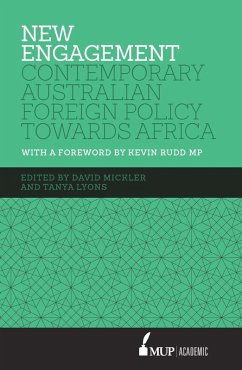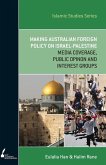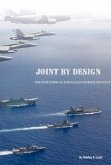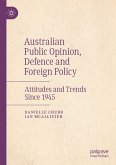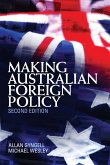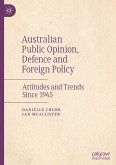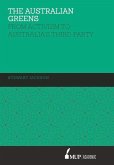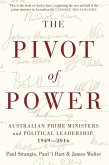Recent developments in both Africa and Australia have brought the two continents closer together. In Africa, a resources boom, greater political stability, and the creation of the new regional institutions have contributed to economic and human development, even if many challenges including conflict, poverty and exploitation remain. Australia has commercial and political interests in Africa and, if it wants to be a significant global actor, must engage with both Africa's challenges and its growing international influence. Since coming to power in 2007, Australian Labor governments have pursued 'new engagement' with Africa after decades of relative neglect. This book, the first study of its kind, explores the key contexts for and dimensions of contemporary Australian foreign policy towards Africa. It highlights a deepening of diplomatic and political relations, a trebling of the official aid budget to Africa, and over $50 billion of Australian-based investment in Africa's resources sector, and suggests measures to make such engagement sustainable and of mutual benefit. Contributions to the book come from academics, civil servants, diplomats and politicians.

